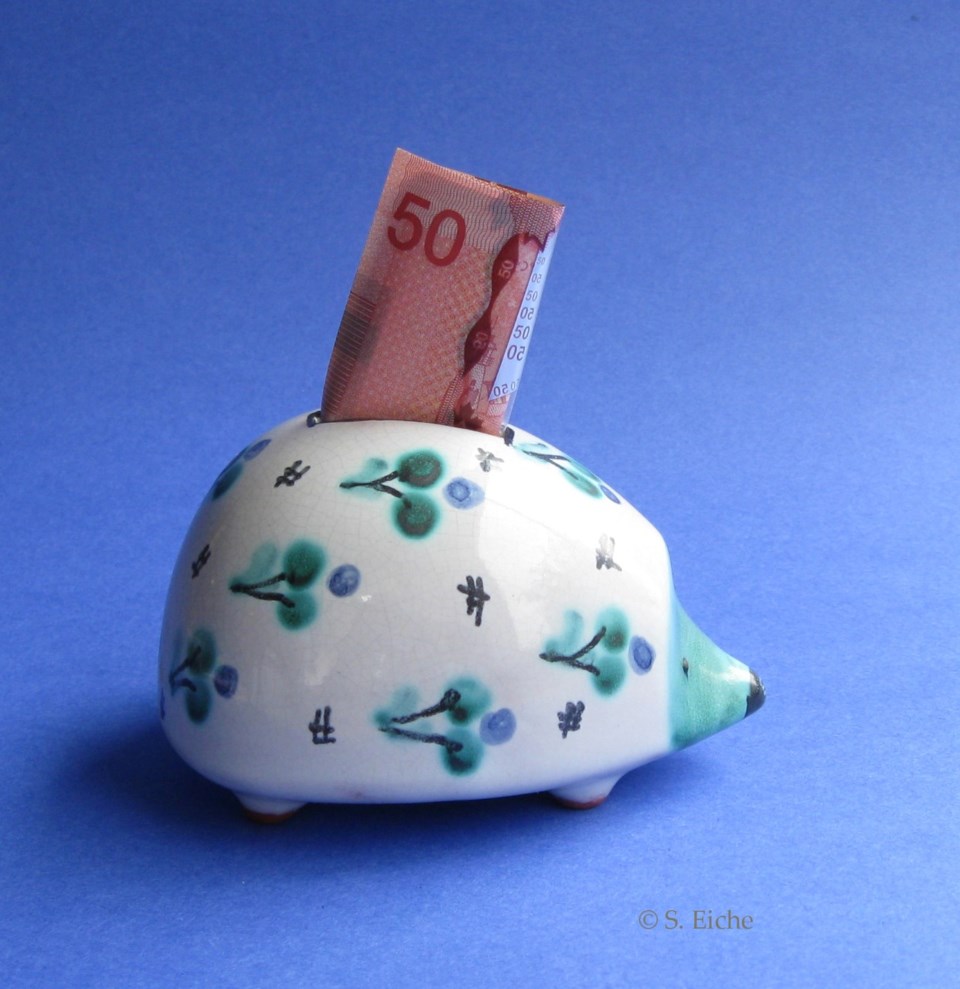The idea for a column on the topic of profit came to me back in August 2019. There were often stories on the news around that time concerning families with kids enrolled in school, who were facing expenses (for school supplies) they could ill afford. I kept thinking – why don’t institutions such as banks dip into their profits and sponsor school supplies? They could promote their business by including their name on the supplies and textbooks. Furthermore, by supporting the children of today, wouldn’t they also be winning the trust of the clients and customers of tomorrow? It could be regarded as a kind of investment.
Later in 2019, I heard about the relative of a friend in Germany who worked in the administration of a luxury clothing company. Because of her position she was able to acquire, for a mere 50 Euros, a coat that retailed for 800! Calculate the company’s profit on that item! The notion that massive profits were largely destined for the pockets of a few people didn’t surprise me, but it did really distress me.
Profit’s meaning has changed dramatically over time. Its root is in the Latin “proficere,” to make progress or advance, and also to be of use, assist, help. Nowadays profit is usually understood in a financial context, referring to a pecuniary gain, benefit or advantage. It’s the goal of capitalism.
In 2020 there were reportedly 2,095 billionaires in the world. Currently, Jeff Bezos tops the list. What’s he doing with his riches? Anything to benefit the world? Well, on 1 July 2021 The Washington Post ran the headline: “Billionaires’ race to space,” about Richard Branson blasting into space nine days before Bezos. One seat in Bezos’s Blue Origin was auctioned off for $28 million. Branson’s estimated Virgin Galactic ticket price (600 people have signed up) is just $250,000. The super-rich hunger for exclusive experiences. Do planet earth and the environment profit? Not a chance!
Yet we can detect faint signs that a few very rich people might be looking for other ways to spend their profits. With luck it could be the start of a trend. With luck a future headline in The Washington Post could read “Billionaires’ race to save planet earth and everything on it.”
Bezos’s ex-wife Mackenzie Scott, number 21 on the billionaires’ list, has given billions to charities in 2020 and 2021. Closer to home, the family foundation of the billionaire founder of Lululemon, Chip Wilson, recently made possible the purchase of three small islands off Vancouver Island’s east coast – Saturnina, West Ballenas and (a portion of) Lasqueti Island – which support rare and sensitive coastal Douglas fir ecosystems. Activists have been trying to save them from development as private residences. Wilson has donated the islands to the BC Parks Foundation.
Philanthropic donations for private conservation are on the increase, according to The Guardian. Local billionaires, won’t you join the race? It’s high time for profit to return to its roots – to assist, help and be of use!
Sabine Eiche is a local writer and art historian with a PhD from Princeton University. She is passionately involved in preserving the environment and protecting nature. Her columns deal with a broad range of topics and often include the history (etymology) of words in order to shed extra light on the subject.



